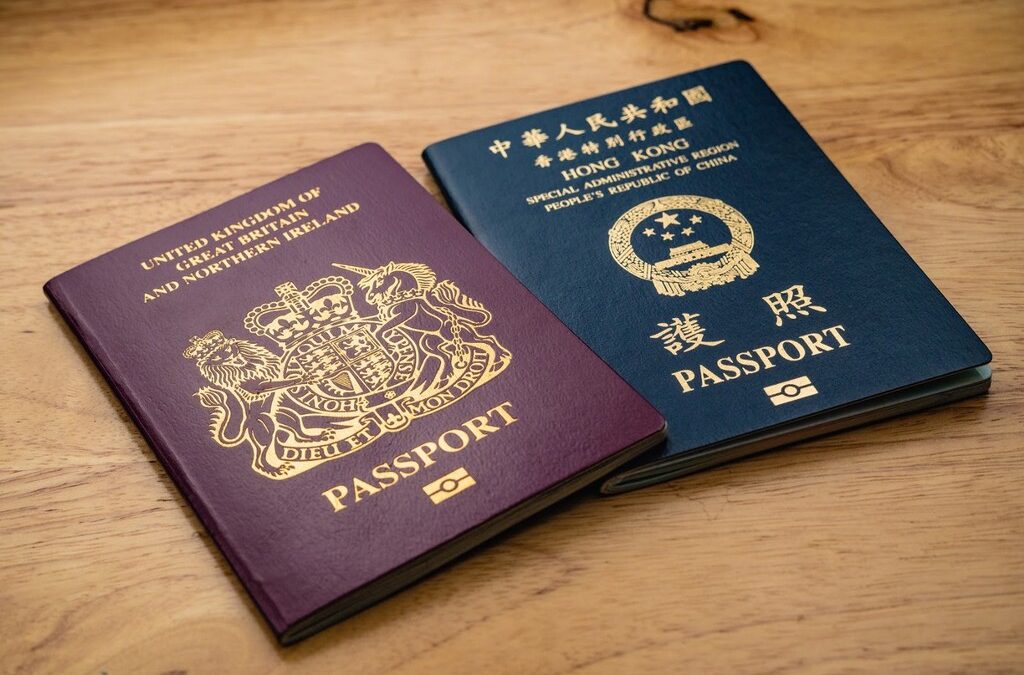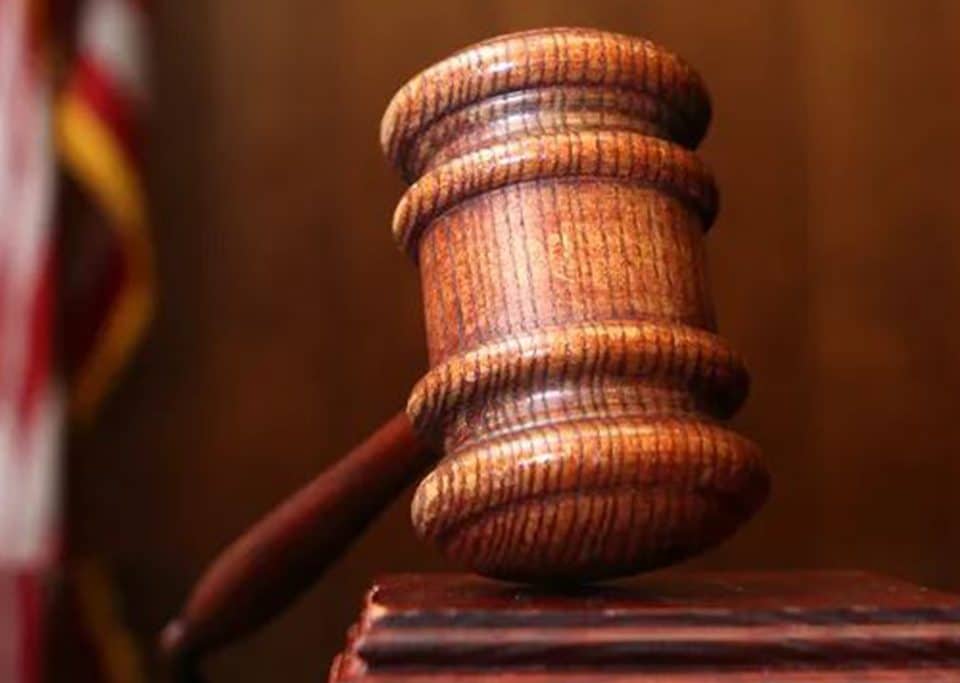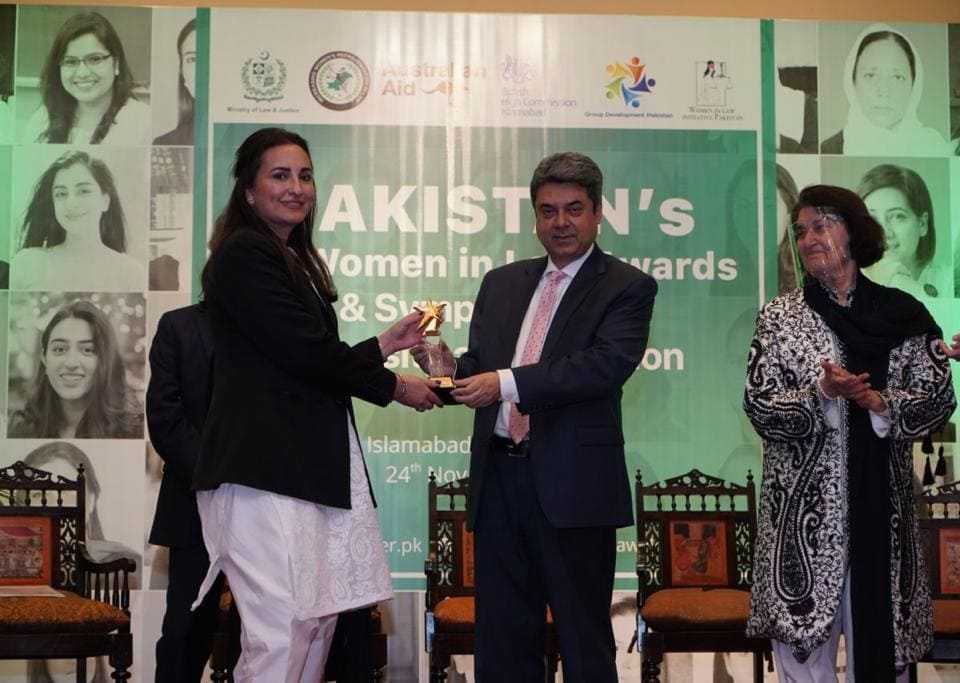UK Government Cancels Malik Riaz’s Visa

Asma Hamid Bags Title of Advocate of the Year
December 4, 2021
Sanctions on Counsel for frivolous claims
March 10, 2022Introduction
The recent Court of Appeal decision relating to Malik Riaz Hussain and Ahmed Ali Riaz considers important points of policy, and how evidence suggesting corruption may lead to the cancellation of a right to enter the UK.
The full judgment can be found at:
https://www.judiciary.uk/wp-content/uploads/2021/11/Hussain-and-Riaz-v-SSHD-judgment-261121.pdf
Background
Mr Malik Riaz, and his son, Mr Ali, both held multi-entry visit visas to the UK. Both of their visas were cancelled under the public policy grounds of the UK government’s Immigration Rules.
The UK government contended that the exclusion of Mr Ali and Mr Riaz from the UK was conducive to the public good.
Whilst neither Mr Riaz Malik, nor Mr Ali have ever been convicted for corruption or fraud, in cancelling their visas to enter the UK, the UK government was satisfied that that they both had been involved with corruption and financial/ commercial misconduct.
In reaching this conclusion, they considered:
1) Mr Riaz and Mr Ali were both significantly associated with Bahria Town, as the Chairman, and the CEO, respectively.
2) In December 2019, a freezing order was granted against Bahria Town. The UK’s National Crime Agency had accepted £190 million as a settlement.
3) Two judgments of the Supreme Court of Pakistan, one in 2018, and the other in 2019.
4) A report of the Joint Investigation Team (JIT), instructed by the Supreme Court of Pakistan to investigate suspicious transactions from “fake accounts”.
The above highlighted two areas of significant concern:
1) There was evidence of an unlawful exchange of land between Malir Development Authority and Bahria Town Ltd.
2) There were a number of fake accounts which were directly linked to Bahria Town.
Illegal exchange of land
The judgments of Pakistan’s supreme court were highly critical of Bahria Town. They forensically analysed the exchange of land between Bahria Town and the Malir Development Authority, and concluded that there was an unlawful exchange of land between Bahria Town and the Malir development Authority.
There was a strong inference that some “backdoor arrangements” between Bahria Town and the Malir Development Authority existed.
As a result of the Pakistan Supreme Court’s judgments, an Implementation Bench was established. The purpose of this Bench was to ascertain the price to be paid by Bahria Town for the state-owned land which it had acquired from the Malir Development Authority.
As a result of the creation of the Implementation Bench, Bahria Town offered a jaw dropping Rs 460 billion, or $2.7 billion, to the government of Pakistan as compensation for the land it had acquired through its unlawful transactions with the Malir Development Authority. The sum offered was accepted by the supreme court of Pakistan court.
The Court of Appeal, quite rightly, placed great emphasis on the offer made by Bahria town to the Implementation Bench, as it represented the extent of the gross undervaluation of the land obtained by Bahria Town from the Malir Development Authority.
Fake accounts
In addition to the above, the UK government also relied upon a report prepared by the Joint Investigation Team (JIT). The JIT was tasked with investigating reports of suspicious transactions involving alleged fake bank accounts. The reports identified Bahria Town as the main source of the deposits credited into fake accounts, amounting to a total of Rs 10.2 billion. The JIT reports led to a NAB reference.
The JIT found that the fake accounts were used for two purposes:
- Kickbacks against grabbing of State land, and;
- Bribes by Land Mafia and Proceeds against Grabbing of Private Land
Both Mr Ali and Mr Malik questioned the UK government’s reliance on the JIT report, arguing that it was prosecutorial in nature. In rejecting this argument, the Court of Appeal found that the UK government had fulfilled its duty in anxiously scrutinising the JIT report, as a result of which the reliance placed on it was justifiable.
Conclusion of the appeal
Whilst Mr Ali and Mr Malik Riaz may not have been named in the documents relied upon by the UK government, their significant association with Bahria Town led to the natural conclusion, that it was more likely than not, that they were involved in the financial misconduct of Bahria Town.
The Court of Appeal rejected all of the grounds upon which the appeal was brought. The appeals were duly dismissed.
Analysis
The public policy grounds in the Immigration Rules for refusing/ cancelling visas has existed for several years now.
However, in recent times, the UK government has come under fierce criticism for allowing the UK to become a safe haven for corrupt wealth.
Whilst it no surprise that the UK government has now started to take a firmer approach to ensure that the UK isn’t used and abused by the corrupt, it is regrettable that it has taken so long for the UK to actually take any action.
In my view, we will now see a greater number of citizenship deprivation decisions, and an even greater number of decisions refusing/ cancelling visas to enter the UK. It would be unsurprising if some of those decisions relate to high profile nationals of Pakistan and other countries who have associations with the UK.
The real question is, who’s next?
Author: Zubair Mughal




